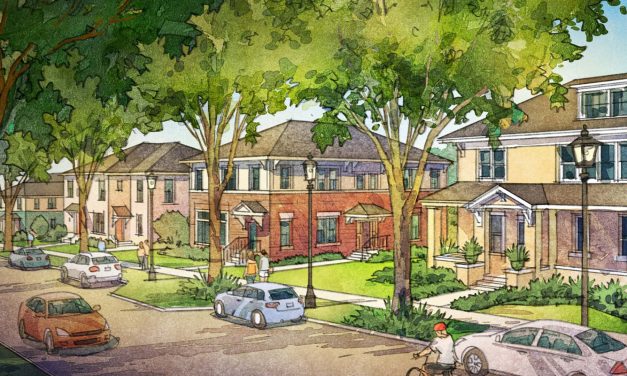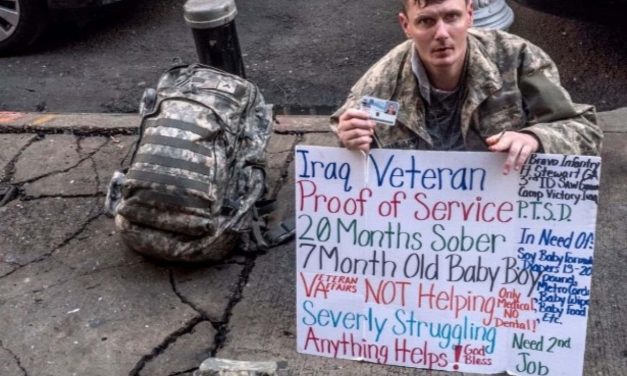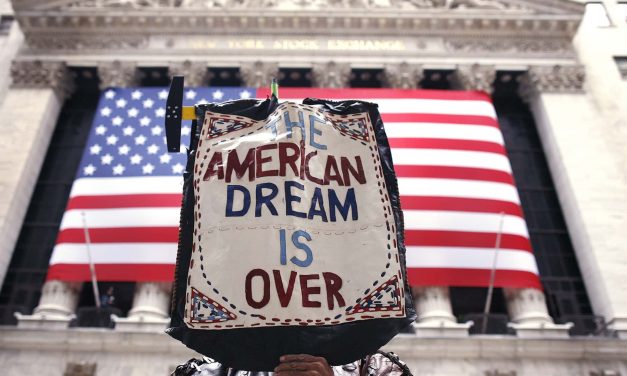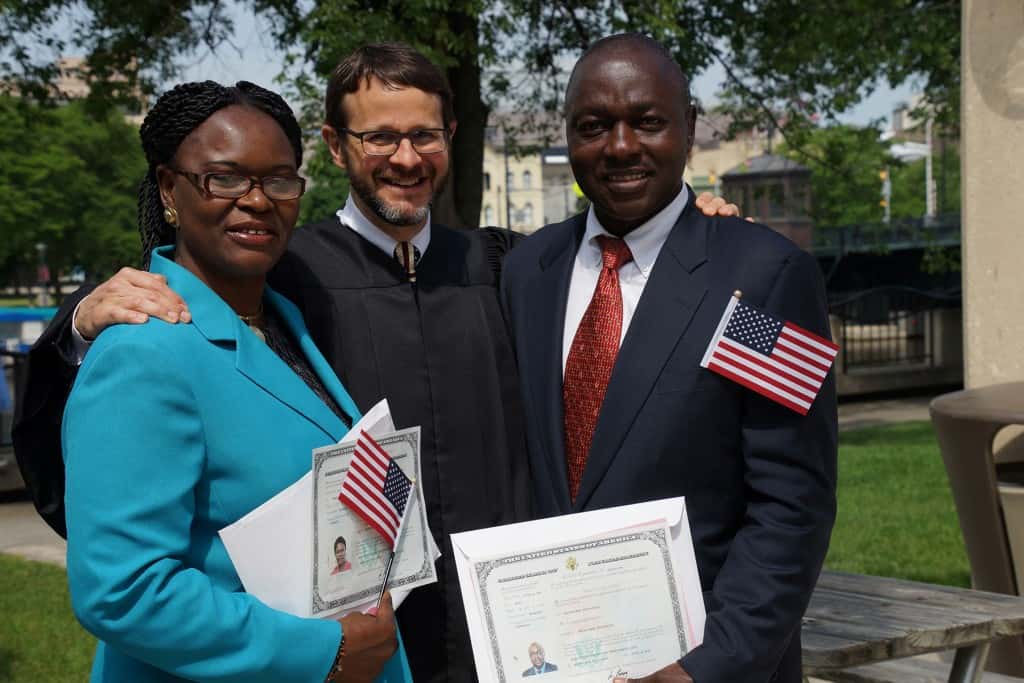A nation of neighborhoods: How the suburbs fit in between the Urban vs. Rural identity struggle
By Christopher Boone, Dean and Professor of Sustainability, Arizona State University Since 1970, more Americans have lived in the suburbs than central cities. In 2010, suburbanites outnumbered city and rural dwellers combined for the first time. We Americans live in a suburban nation. Despite several concerted efforts by city governments to lure residents, suburbanization continues largely unabated. Census figures from earlier this year show that suburbs of warm climate “Sun Belt” cities in the South and West continue to grow, while cities in the cold climate “Snow Belt” of the Midwest and Northeast decline. Smaller metropolitan areas with fewer...
Read More















